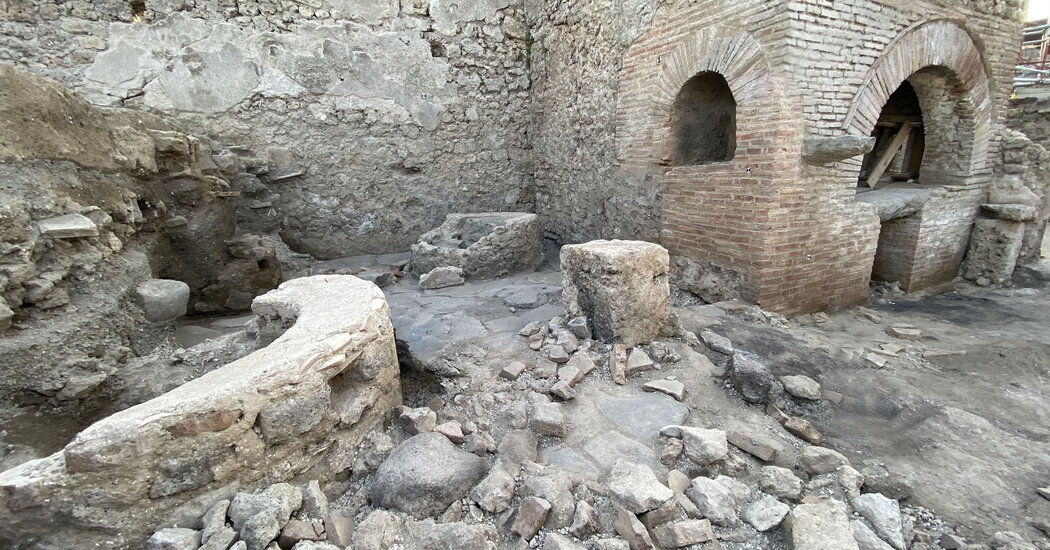- cross-posted to:
- hackernews@derp.foo
- cross-posted to:
- hackernews@derp.foo
Archive Link: https://archive.is/bPHh2
It’s easy to forget amidst the art and architecture and military accomplishments of the roman empire that it was a particularly brutal slave state.
To be clear, most civilizations of the time had slavery in one form or another, but the combination of the fact that romans implemented chattel slavery where slaves were purely property, and the dictatorial powers the patriarch of the family had over slaves, women, and children in his family combined to have a wide range of permissible behavior towards those who didn’t have any social power.
Though to be fair, we need to also remember that just because a state didn’t have slavery didn’t mean it was a modern liberal democracy. Often, they didn’t have slavery in name but the lowest classes of society might as well have been slaves for the level of control they had over their lives.
As an example, after the roman empire fell many European states didn’t have slavery but feudalism tied people to the land and gave their lords overwhelming power over them meaning they had a similar lack of control over their own lives.
This level of control is still desired by businesses in the modern era. Company towns were common early in North American history and now corporations use health insurance, equity and bonuses tied to “loyalty agreements”, and so on. All designed to make it harder to leave your employer. The market also suppresses wages for low end workers but inflates it for CEOs, in the same way feudal lords would live it up relative to serfs. The average quality of life for the peasants is better (our bread and circuses are great!) and we have a higher chance of social mobility but things are still not great if you really look at it.
Anyone have a non-paywalled link?
Thank you!




